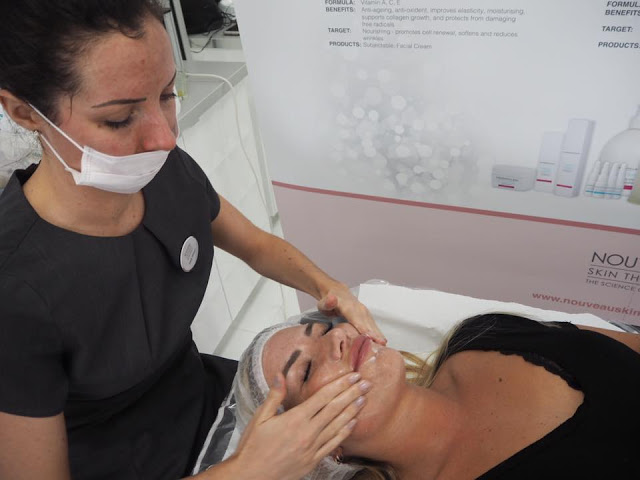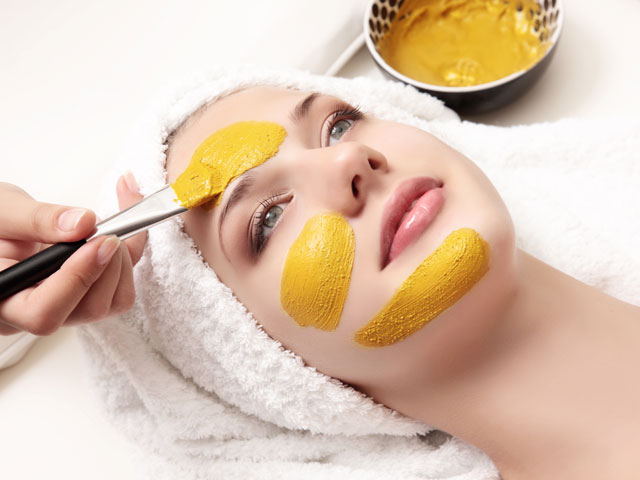Acne is a common skin condition that can significantly impact an individual’s self-esteem and quality of life. While many factors contribute to the development of acne, one of the most challenging types to manage is hormonal acne. This type of acne is primarily driven by fluctuations in hormones, particularly androgens, which can increase sebum production and lead to clogged pores. In recent years, glutathione has emerged as a potential aid in managing hormonal acne. This powerful antioxidant plays several crucial roles in the body, including detoxification, immune system support, and maintaining cellular health. But what is the connection between glutathione and hormonal acne? Let’s explore.
Understanding Hormonal Acne
Hormonal acne typically manifests as deep, cystic breakouts along the lower face, jawline, and neck, often coinciding with hormonal changes such as menstruation, pregnancy, or stress. Unlike regular acne, which can occur due to clogged pores or bacteria, hormonal acne is primarily driven by internal factors.
- Hormonal Imbalances: The primary cause of hormonal acne is an imbalance in hormones, particularly an excess of androgens (male hormones) like testosterone. These hormones increase sebum (oil) production, which can lead to clogged pores and acne formation.
- Inflammation: Hormonal fluctuations can also increase inflammation in the skin, making acne more severe and harder to treat.
- Stress: Chronic stress can exacerbate hormonal imbalances, leading to more frequent and severe breakouts.
- Diet and Lifestyle: Certain foods and lifestyle choices can also influence hormonal levels and, subsequently, acne. For example, high-glycemic diets and dairy consumption have been linked to an increase in acne severity.
The Role of Glutathione in the Body
The best glutathione is often referred to as the “master antioxidant” due to its critical role in protecting cells from oxidative stress and damage. It is a tripeptide composed of three amino acids: glutamine, cysteine, and glycine. Glutathione is naturally produced in the liver and is involved in various essential processes, including:
- Detoxification: Glutathione helps the liver detoxify harmful substances, including environmental toxins, heavy metals, and free radicals. This detoxification process is vital for maintaining overall health and can have a direct impact on skin health.
- Antioxidant Protection: As an antioxidant, glutathione neutralizes free radicals, reducing oxidative stress and preventing cellular damage. This antioxidant activity is crucial for maintaining the health of skin cells and reducing inflammation.
- Immune System Support: Glutathione plays a role in supporting the immune system by enhancing the function of immune cells. A healthy immune system can help the body fight off infections and reduce inflammation.
- Skin Health: Glutathione is also known for its skin-brightening properties. It can inhibit the production of melanin, the pigment responsible for dark spots, and promote an even skin tone.
How Glutathione Affects Hormonal Acne
The connection between glutathione and hormonal acne lies in its ability to address several underlying factors that contribute to acne formation. Here’s how glutathione can support clearer skin:
- Reducing Inflammation: One of the primary ways glutathione can help manage hormonal acne is by reducing inflammation. Hormonal acne is often characterized by inflamed, painful cysts that are difficult to treat. Glutathione’s antioxidant properties help neutralize free radicals that contribute to inflammation, leading to calmer, less irritated skin.
- Detoxifying the Body: Hormonal imbalances can be exacerbated by the presence of toxins and heavy metals in the body. Glutathione plays a crucial role in the detoxification process, helping to eliminate these harmful substances and reduce their impact on hormonal levels. By supporting liver function and detoxification, glutathione can help balance hormones and reduce the likelihood of acne flare-ups.
- Balancing Hormones: While glutathione does not directly regulate hormone levels, its ability to detoxify the body and reduce oxidative stress can create a more balanced internal environment. A healthier, less stressed body is less likely to experience the hormonal fluctuations that lead to acne.
- Supporting Skin Health: Glutathione’s role in skin health goes beyond just its antioxidant properties. By reducing oxidative stress and promoting cellular repair, glutathione can improve the overall appearance and health of the skin. This can lead to fewer breakouts and a reduction in the severity of existing acne.

Integrating Glutathione into Your Skincare Routine
While glutathione’s benefits for hormonal acne are promising, it is important to integrate it into a comprehensive skincare and wellness routine. Here are some tips for incorporating glutathione into your regimen:
- Topical Glutathione: Some skincare products contain glutathione as a key ingredient. These products can be applied directly to the skin to target inflammation, reduce oxidative stress, and promote an even skin tone. Look for serums or creams that contain glutathione, and use them consistently as part of your daily routine.
- Diet and Nutrition: Supporting your body’s natural production of glutathione through diet is another effective strategy. Foods rich in sulfur-containing amino acids, such as garlic, onions, and cruciferous vegetables (broccoli, kale, Brussels sprouts), can help boost glutathione levels. Additionally, foods high in vitamins C and E, selenium, and alpha-lipoic acid can also support glutathione production.
- Lifestyle Choices: Maintaining a healthy lifestyle is essential for managing hormonal acne. Regular exercise, stress management, and adequate sleep all play a role in balancing hormones and supporting overall skin health. Reducing exposure to environmental toxins and adopting a clean skincare routine can also minimize the burden on your skin.
- Consulting with a Healthcare Professional: Before making any significant changes to your skincare or wellness routine, it’s important to consult with a healthcare professional. They can provide personalized recommendations based on your unique needs and ensure that glutathione is integrated safely and effectively into your routine.
Conclusion
Hormonal acne can be a frustrating and persistent condition, but understanding the connection between glutathione and hormonal acne offers a promising avenue for support. By reducing inflammation, aiding in detoxification, and supporting overall skin health, glutathione can play a valuable role in managing hormonal acne. Integrating glutathione into your skincare and wellness routine, along with making mindful lifestyle choices, can help you achieve clearer, healthier skin over time. Remember, achieving and maintaining clear skin is a holistic process that requires attention to both internal and external factors. With the right approach, you can take control of your skin health and reduce the impact of hormonal acne on your life.




